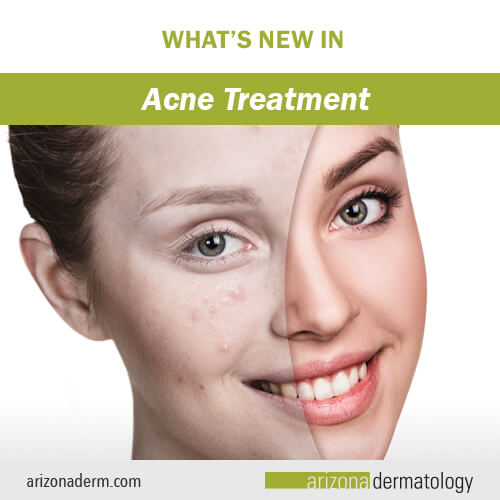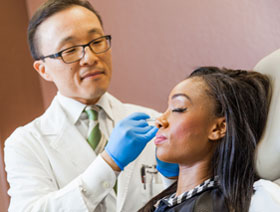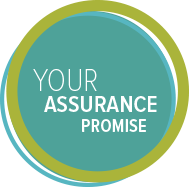 Approximately 40 to 50 million people suffer from acne in the U.S. each year. While mostly seen as an adolescent skin problem, acne affects a number of adults as well. One JAMA study found that 54% of women and 40% of men over the age of 25 still experience some amount of acne.
Approximately 40 to 50 million people suffer from acne in the U.S. each year. While mostly seen as an adolescent skin problem, acne affects a number of adults as well. One JAMA study found that 54% of women and 40% of men over the age of 25 still experience some amount of acne.
Acne can range from a mild outbreak here and there to severe cystic acne that causes scarring and psychological distress. The causes of acne are wide-ranging, including genetics, hormones, diet, and skin care routines.
Common acne treatments include topical products like benzoyl peroxide, salicylic acid, and retinol, as well as oral antibiotics and oral isotretinoin (Accutane). But over the past couple of years, three new topical acne treatments have emerged. Let’s take a look at them.
New acne treatments in 2022
Acne patients now have additional options for treatment with three new medications: Winlevi, Amzeeq, and Aklief.
Winlevi (clascoterone) – a topical cream for hormonal acne
This cream is the first topical acne medication specifically targeted for hormonal acne. The 1% cream is an androgen receptor inhibitor (androgens are male hormones present in both males and females that are associated with acne). This is exciting, because until now, the only way to affect hormone levels to inhibit acne was through oral anti-androgen medications. Now, we have a topical option.
Winlevi was approved by the FDA in August of 2020 for use in acne patients 12 years and older. It is applied to the skin twice a day. According to the FDA, more patients achieved a reduction in acne and clear, or almost clear, skin after 12 weeks of treatment with Winlevi as compared with those who received a placebo. The most common side effects of Winlevi are reddening, itching, and dryness or scaling of the skin. Other side effects can include adrenal gland suppression and elevated blood potassium. Your doctor can talk to you about these risks.
Amzeeq (minocycline) – a topical antibiotic for mild inflammatory acne
Minocycline is a tetracycline antibiotic that has been around since 1971. It is a highly effective oral treatment for acne, and this FDA-approved formulation now makes it available in cream form for patients age 9 and older wanting to avoid oral antibiotics. Amzeeq is a minocycline 4% foam applied to the skin directly, and systemic absorption is very low. Studies have shown a 43%-54% reduction in pimples after 12 weeks.
Amzeeq is applied to the skin once per day. As with other tetracyclines, Amzeeq may cause photosensitivity, so patients should use sun protection and minimize sun exposure. The most common side effect of Amzeeq is headache.
Aklief (trifarotene) – a targeted retinoid cream
This fourth-generation retinoid cream (trifarotene 0.005%) was approved in October 2019 for the treatment of acne in patients 9 years of age and older. It is the first topical treatment specifically designed, studied, and proven safe to use on both the face and trunk (chest, shoulders, and back). Aklief is different from other retinoids because it selectively targets the gamma retinoic acid receptor, making it less likely to cause side effects like drying and irritation. Studies have shown a significant reduction in acne lesions on the face and body within 12 weeks. Some patients experienced a significant change on their face in as little as two weeks.
Aklief is applied to the face and trunk once per day. The most common side effects are skin irritation, itching, and sunburn.
Getting help with acne
Acne is very treatable. Come see us and let one of our dermatologists determine whether you or your child may be a candidate for one of these exciting new acne treatments.


